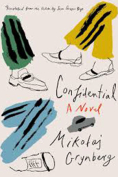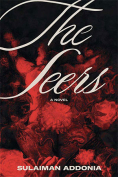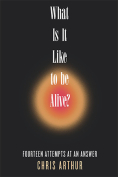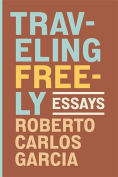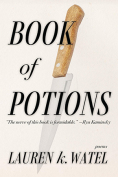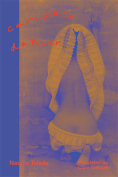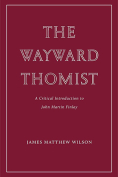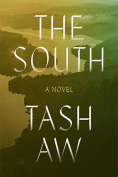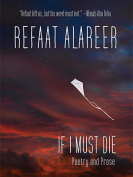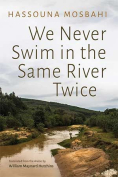Confidential by Mikołaj Grynberg
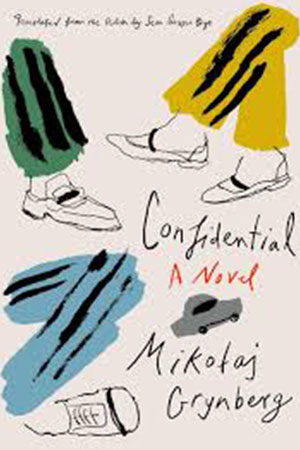
New York. New Press. 2025. 160 pages.
It may come as a surprise that Jews still live in Poland. At the start of World War II, Poland was a center of Jewish culture and home to 3.3 million Jews, but by the end of the war only 380,000 survived. And for those who did survive, they endured near-death conditions in ghettos or concentration camps. Although it wasn’t uncommon for survivors to return to their homes, they often found that their neighbors didn’t want them back. It also felt unbearable to return after losing most of their family members to the Holocaust. Many survivors went on to settle in the United States or Israel.
So, it could seem as if the culture of Polish Jewry is now all in the past. But Mikołaj Grynberg shows that this is not quite the case. A photographer and psychologist, Grynberg is also a renowned writer of fiction and nonfiction. His first novel, Confidential, was recently translated into English by Sean Gasper Bye and sheds light onto what it means to be Jewish in Poland today.
As the novel begins, Grandpa is awaiting the arrival of his only son, daughter-in-law, and two grandsons. But he doesn’t just wait inside his apartment with his ailing wife; he stands outside on the balcony, shouting into the street as they approach. This spectacle turns into an argument when the family gathers inside the apartment. Why is Grandpa always worried catastrophe will strike his family on regularly scheduled visits? This scene sets the tone for the humorous—and often dark—family saga of four generations of a Jewish family in Poland today.
In this early chapter in which Grandpa yells from his balcony, the youngest grandson makes a Holocaust joke in front of his older brother, parents, and grandparents. The conversation that ensues could take place in any Jewish dining room around the world, but the setting in Poland makes it all the more chilling. Yet Grynberg writes dialogue around something as grim as a Holocaust joke with humor that is decidedly Jewish. The father asks his younger son why he decided to tell this joke at this moment. He replies that he happened to have just remembered it. Grandpa nonchalantly chimes in that some people have never been able to forget. This grandson then asks why his family is always talking about Jews. Grandpa explains that they are all Jews, as if the grandson hadn’t known this all along.
Grandpa worked for decades as a physician and was a known philanderer. He survived the Holocaust and was determined to live life to its fullest—even to the detriment of his devoted wife—but his son cannot let go of the past though he was a young child during the war. The son grew up to become a university professor and not only refuses to set foot in Germany but also won’t allow his students to attend conferences there. In one chapter, his colleagues pressure him to put the war in the past and to finally attend a conference in Germany. He gives in, but it’s not easy. The professor tries to leave Germany early a few times yet ends up staying until the end of the meeting. At the conclusion of this chapter, he decides that his students can go to Germany, but it’s unclear whether he will return. More than a few of Grynberg’s chapters leave the reader to imagine what will happen next.
The professor also experiences an uncomfortable encounter with the teacher of one of his sons. This son cannot translate “kyrie eleison,” and his teacher feels that his student is lazy. The father is called in to a meeting at school, and when he explains that he himself—a university professor—cannot translate this term, the teacher doesn’t understand. How can this be? After all, it’s frequently said in church. The teacher is slow to comprehend that his student would not know this term from church because he doesn’t go to church. In this conversation, no one says the word “Jewish.” There’s a humorous conclusion to this chapter when the teacher sees potential in his student after he successfully translates terms from Isaac Babel.
All of the characters are unnamed, and the chronology jumps around from chapter to chapter, as do the points of view, whether it’s Grandpa, his professor son, the two grandsons, or the daughter of one of the grandsons. Yet the story is not difficult to follow, and this ease of understanding is a testament to Grynberg’s brilliant storytelling. The book also shows that Jewish humor in Poland was not eradicated after the Holocaust and that Grynberg is certainly doing his part to continue this rich tradition.
Susan Blumberg-Kason
Hinsdale, Illinois


